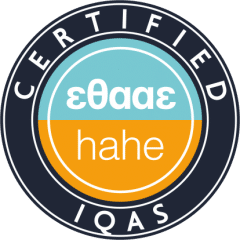This course is a comprehensive introduction to health information management for librarians and information scientists. The nature, confidentiality, organization, circulation, and reuse of this collection of data, which varied from clinical medical records to scientific papers and textbooks, will be explored, presented, and discussed in the context of computer tools and services. The role of librarians and information scientists, their responsibilities and functions in delivering this information to the specialists, medical and biosciences professionals and researchers, as well to non-specialists, patients, families and the general public will be assessed.
At the end of the course, students will be asked to write a short essay on a health information topic.



